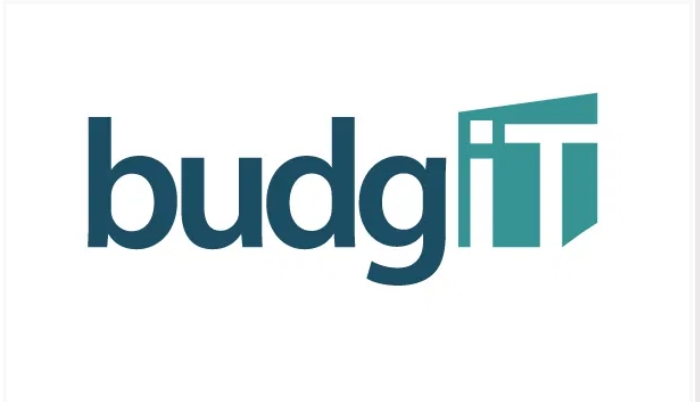
A civic tech organisation, BudgIT says only three states in the country can finance their expenditure without allocations from federal government.
According to its report “State of States 2019” released on Wednesday, the group listed the states as Lagos, Rivers and Akwa Ibom.
BudgIT said it discovered that some states, such as Delta, were running huge recurrent expenditure reaching N200 billion.
The group also said it found it curious that Bayelsa, despite its size and low population, has a recurrent bill as high as N137 billion, compared with Ebonyi’s N30 billion, Sokoto’s N38 billion, Jigawa’s N43 billion, and Yobe’s N35 billion, amongst others.
“It is a recurring theme to see states in South-South Nigeria running high recurrent bills, mainly driven by the high revenues earned due to the 13 per cent derivation,” it said.
In its analysis, BudgIT said it was interesting to see Cross River with a ”bogus budget” of N1.04 trillion spending less than N93billion on an annual basis, ranking with Imo with recurrent spending of N43billion.
BudgIT noticed that Kogi lags behind due to its huge recurrent bill as at 2017 when it was still paying salaries for workers and also had high repayment bills for loans.
“Our belief is that Nigeria needs to create incentives for states to expand growth and earning potential, thereby activating resources needed to improve the state of health, education, and access to opportunity,” the report said.
The group said it was unable to make use of the 2018 audited statements for the report, because less than 15 states have published the document, making it largely unrepresentative for the states.
BudgIT’s lead researcher, Orji Uche, said only 19 states can fund their expenditure with internally generated revenue and federal allocation.
Advertisement
She warned state governments not to continue to rely on federal allocation, especially with the current uncertainties facing the oil market.
“And by sustaining themselves, we are looking only at the recurrent expenditure. Are you going to meet your operating obligations, are you able to pay salaries so that anything coming from federal allocation would go to investments in the key sectors of the economy?
“When we look at the index, we can see that those states that can meet their expenditure only with IGR are only three States out of 36 states.
“What this means is that if there were to be oil price fluctuations and production allocation from the centre were to reduced, then many states would be in jeopardy,” Punch quoted her as saying.
The Senior Economist, World Bank, Yue Lee, who was also at the event said the implications of having low revenue were that the amount Nigeria could spend on human development would be restricted.
“We are not here to paint a doom and gloom picture of the Nigerian economy and human capital challenges, but we can’t shy away from the fact that Nigeria’s public expenditure is very small relative to its economy,” he said.
You may be interested

My Goal Was To Achieve Success With Ten Hag At Man United –De Ligt
Webby - November 14, 2024Netherlands international Matthijs de Ligt has suggested Erik ten Hag didn’t get the breaks he needed to keep his job…

I Want To Take My Game To New Level –Lookman
Webby - November 13, 2024Super Eagles winger Ademola Lookman has reiterated his commitment to take his game to the next level.The Nigerian international, who…

AFCON 2025Q: Benin Republic Hit By Another Injury Blow
Webby - November 13, 2024Benin Republic will be without two more players for their 2025 Africa Cup of Nations qualifying matches against Nigeria and…






















![American Pastor, David Wilson Seen Eating The Box Of Woman Who Isn’t His Wife [Video]](https://onlinenigeria.com/wp-content/uploads/2019/10/american-pastor-david-wilson-seen-eating-the-box-of-woman-who-isnt-his-wife-video-150x150.jpg)








